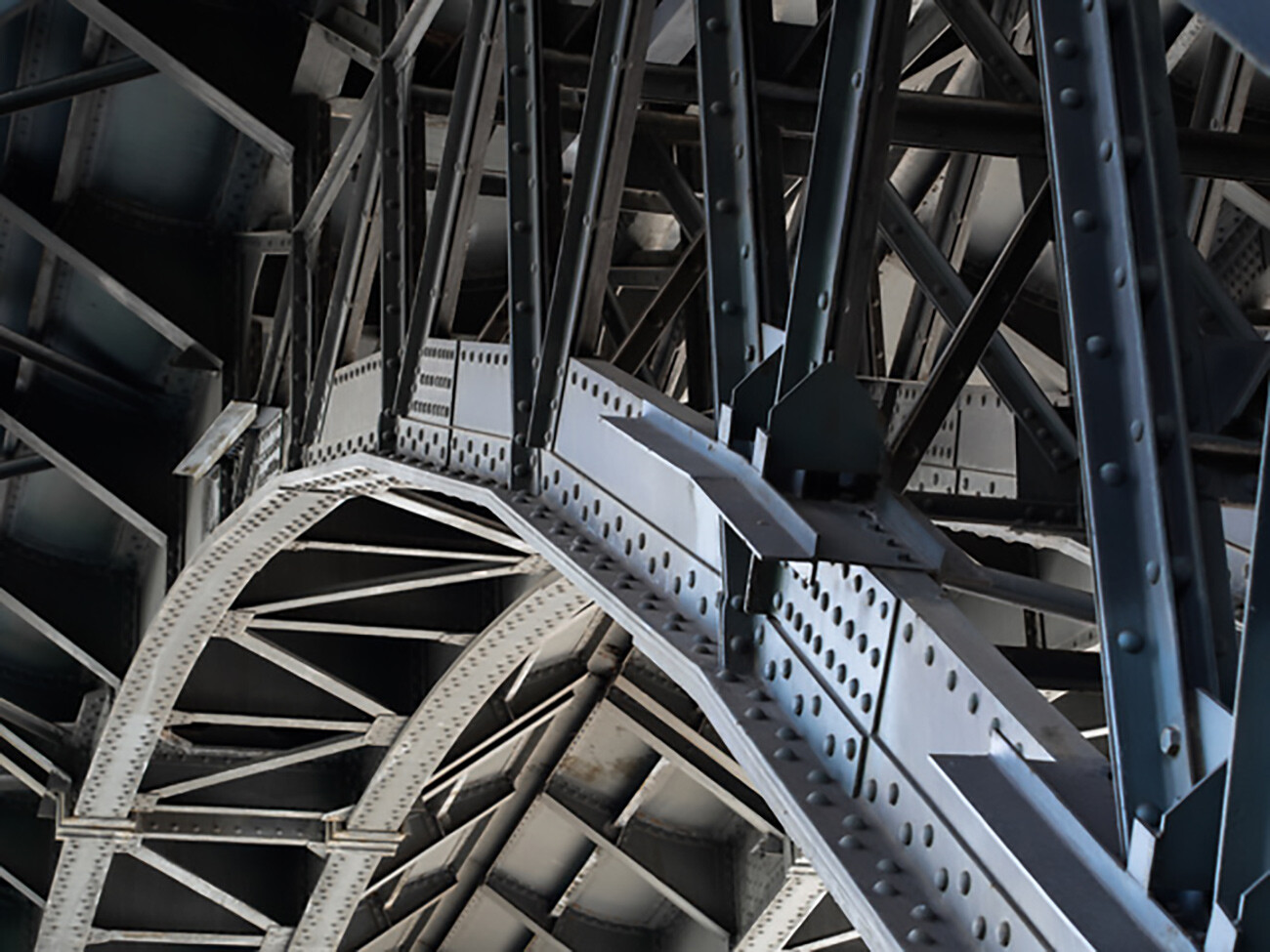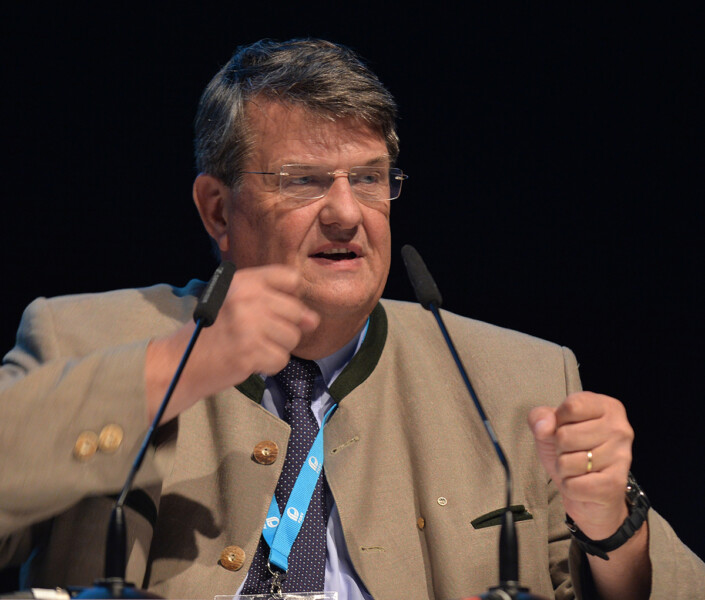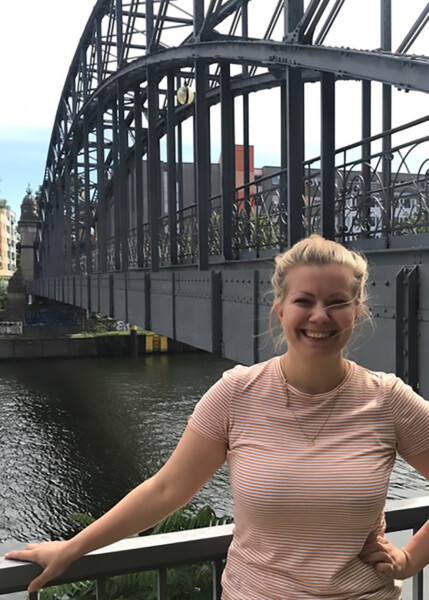Steel railway bridges as a legacy of high modernity – Foundations for a holistic decision making between repair and renewal
The upgrade of Deutsche Bahn’s rail network according to the growing demands of the “Verkehrswende” is the most important project of German infrastructure development in the coming decade. The modernization project also directly affects the still large number of steel railway bridges built since the end of the 19th century, which in the meantime have often reached their “nominal” lifespan.
Particularly in the monument sector, the decision on renewal or repair and strengthening is usually made on the basis of comparative assessment matrices, which so far have almost exclusively been based on technical and economic criteria. Cultural or ecological criteria, on the other hand, are not taken into account or are at most included as a lump sum. On the one hand, there is a lack of reliable foundations for an appropriate consideration of the latter criteria; on the other hand, the quantitatively fixable evaluations in the technical and economic fields can hardly be compared with the more qualitative evaluations, especially in the field of building culture.
Against this background, the project aims to provide the basis for a robust methodology for the holistic assessment of steel bridges, in which all four criteria mentioned are adequately and comparably taken into account. The focus is not on the evaluation of existing bridges, but on a central point in their use history – the decision to maintain or renew them at a certain stage. It is not the “product” construction that is at stake, but the process of making the decision between these basic options.For the dimensions of technology, economy, ecology and building culture, comparable evaluation keys are first developed, which are then combined in an overall evaluation system. The first focus is on the specification and elaboration of ecological and building culture criteria by extending existing evaluation approaches in terms of content and concept.
A second focal point is the comparative formulation of an overall evaluation system that is as efficient as possible. Two variants will be developed for this, which can be tested, compared and sharpened in the third focus in case studies on bridge construction projects of DB Netz AG. The knowledge gained opens up the possibility of implementing a well-founded evaluation system and, building on this, appropriate action strategies in practical routines.The project is carried out in cooperation between the honorary professorship for Construction History at the BTU Cottbus-Senftenberg (Werner Lorenz) and the department of Environmentally Compatible Infrastructure Planning at the University of Wuppertal (Felix Huber).





